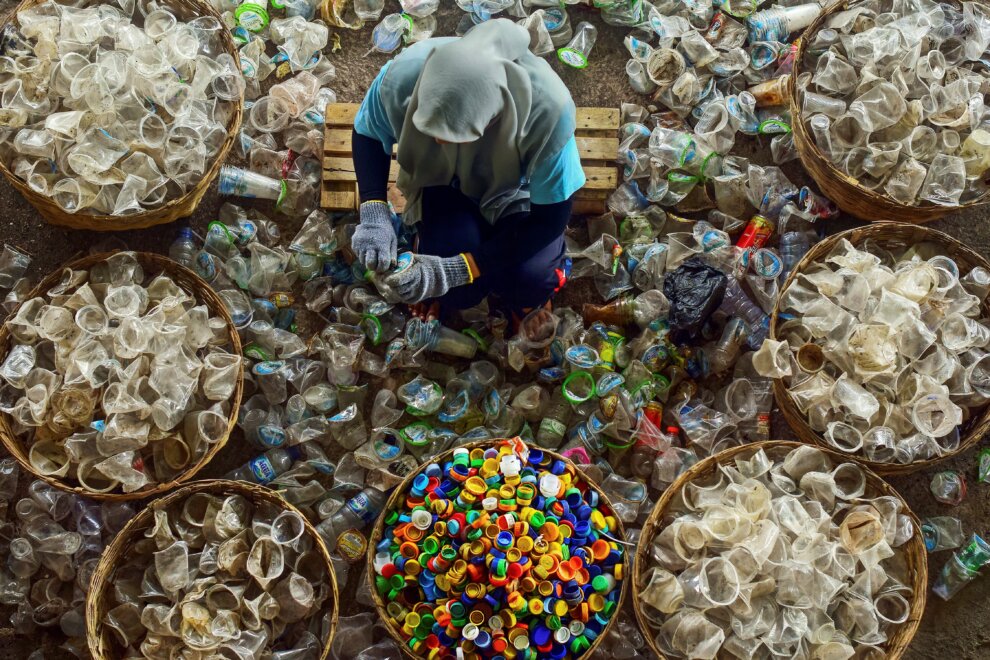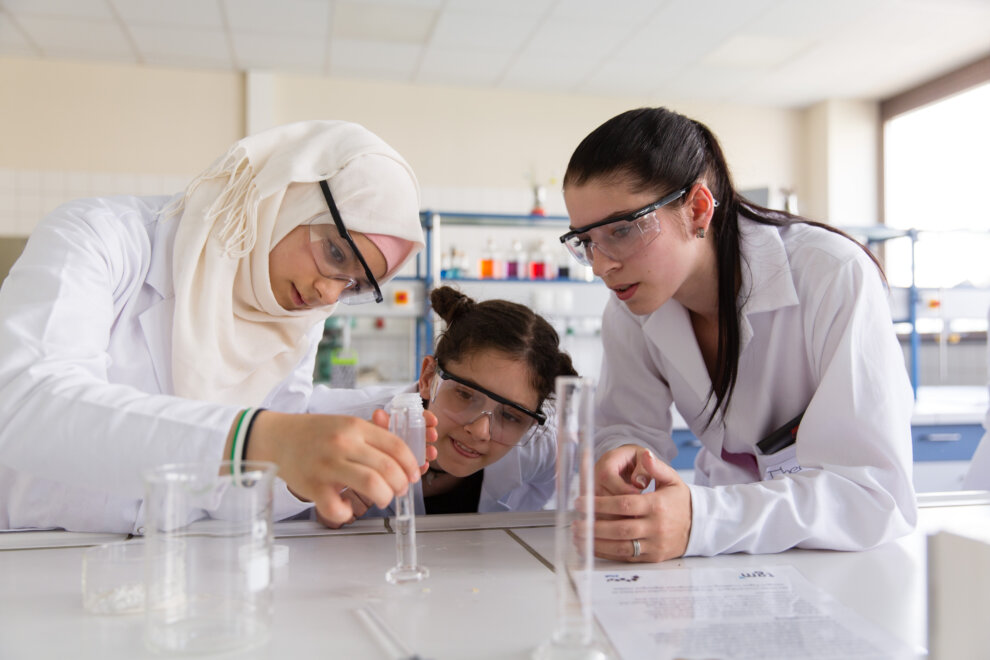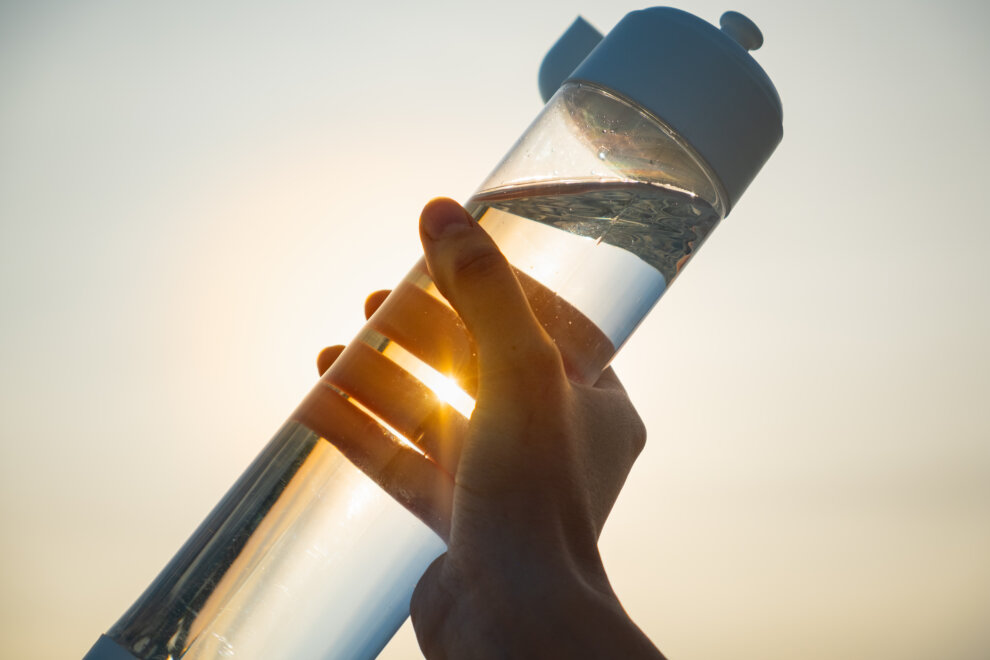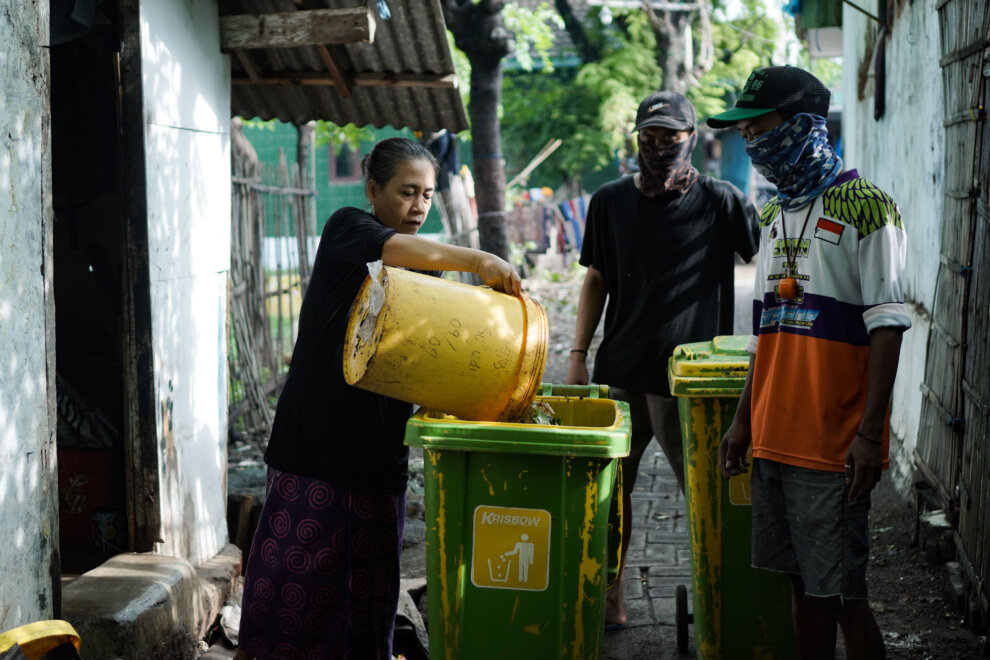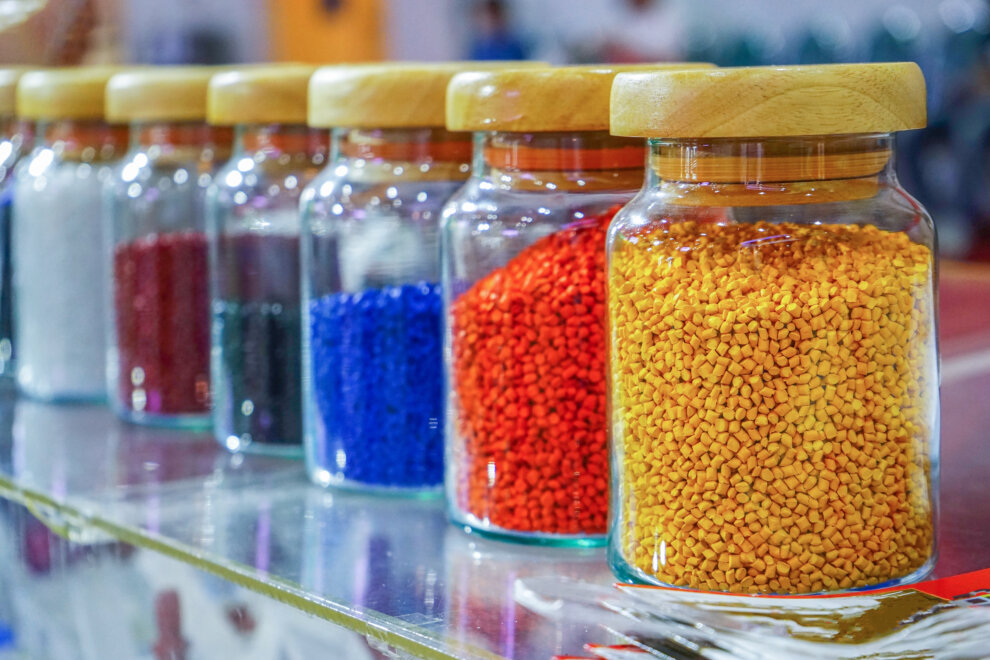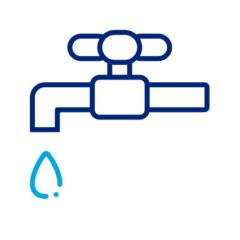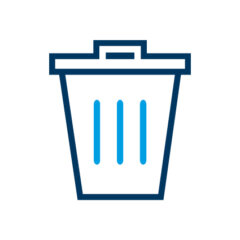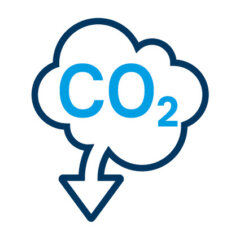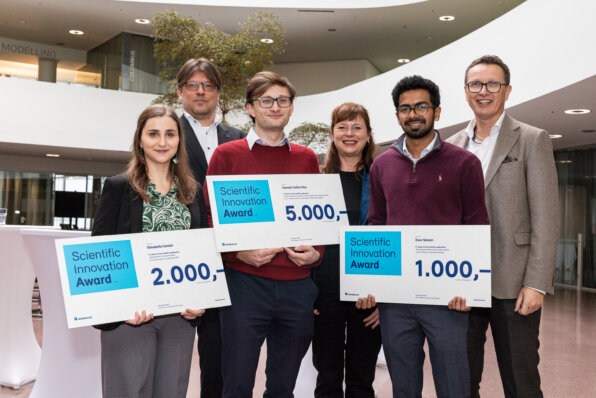
Sustainability
Borealis' sustainability ambition is to build a prosperous and sustainable future for all. This commitment is anchored in our Borealis Group Strategy 2030 which has sustainability at its core and set ambitious targets in the areas climate change, circular economy and health and safety.
It is imperative that future generations find living conditions on this planet that enable them to live a healthy, secure and prosperous life. A responsible use of our planetary resources and a transition away from a linear to a circular business practice are necessities.
We strive to continuously improve and reduce our CO₂ footprint to become a net zero company by 2050 at the latest and to develop products that contribute to a sustainable living.
Sustainability Is at the Heart of Everything We Do
We are serious about our commitment to sustainable business practices and supporting the transition to a circular economy. To add substance to ambition, our sustainability strategy is based upon a materiality analysis, which is repeated in regular intervals and where we critically engage with the environmental and societal challenges of our time, the impact our products have on the planet and what stakeholders hold us accountable for.
Through this exercise Circular Economy, Energy & Climate and Health & Safety emerged as our Sustainability focus areas – under which our biggest impacts can be subsumed, but which also provide us with the most impactful opportunities to drive positive change and ambitious targets, keeping in mind the Sustainable Development Goals as methodological backdrop.

The Borealis Sustainability Goals
Our planet has no more time to wait. Borealis is committed to be a net-zero company by 2050 or earlier and is working on becoming a truly circular company, ready to play a leading role in the transformation of the chemicals and plastics industry. Through our 2030 targets, we are taking the first steps on the way.
*Production capacity. Includes recycled and renewable polymers and chemicals as well as renewable hydrocarbons
**Scope 1 are direct GHG emissions that occur at the source and are controlled by Borealis. Scope 2 are GHG emissions stemming from the generation of energy purchased by the company. Scope 3 are indirect GHG emissions that are a consequence of company activities but occur from sources outside or not controlled by the company.
***Base year 2019, reflecting the divestment of the Borealis nitrogen business.
****Registration, Evaluation, Authorisation and Restriction of Chemicals (REACH)
Our Actions to Advance Sustainability
Making the world a more sustainable place works best when working together. Borealis is working on creating a more sustainable future through a number of varied projects and partnerships:
Our Key Metrics
Accountability is key. Every year we compare our targets and our actual performance. This is how we did in 2023:

Environmental Management
Borealis’ environmental management encompasses managing its energy consumption and efficiency, emissions to the environment (air and soil), its use and discharge of water, operational waste, and its overall environmental performance, ensuring compliance with all applicable laws and regulations.
At least every three years, the Group performs a detailed and systematic environmental risk and opportunity assessment for every plant, in all locations. All Borealis production locations are part of an ISO 14001 compliant environmental management system. We have also incorporated all elements of Operation Clean Sweep® (OCS), an international programme to mitigate pellet loss, and are Signatory of the chemical industry’s Global Charter for Responsible Care®.
In 2022 Borealis performed a climate risk and vulnerability assessment and developed a water management framework.
Our Views on Global Challenges
As a responsible chemicals and materials company, we value transparent communication on how we see the different challenges the world is facing today.
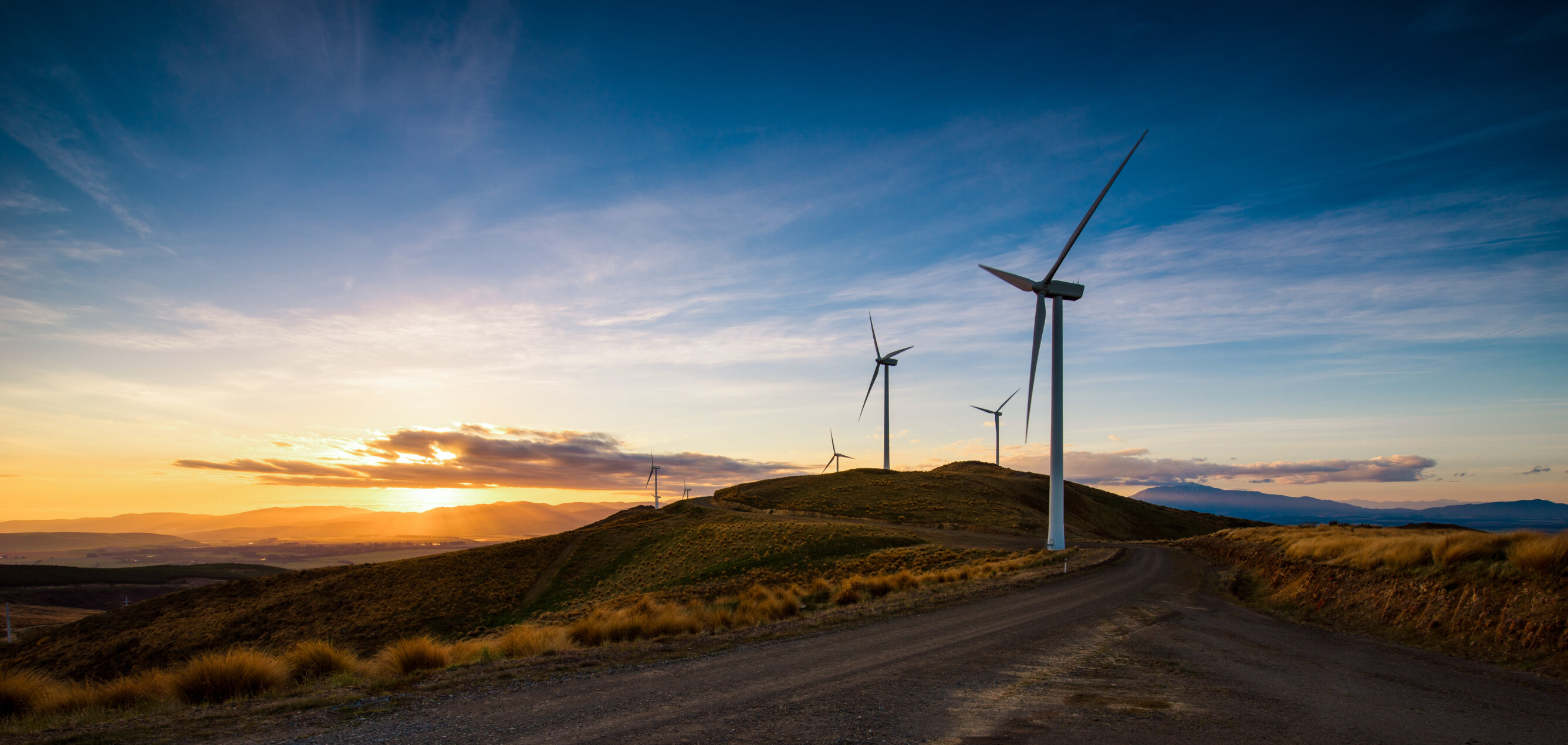
Want to Know More?
Discover detailed insights into our sustainability performance and targets in our Annual Report.
Learn More


